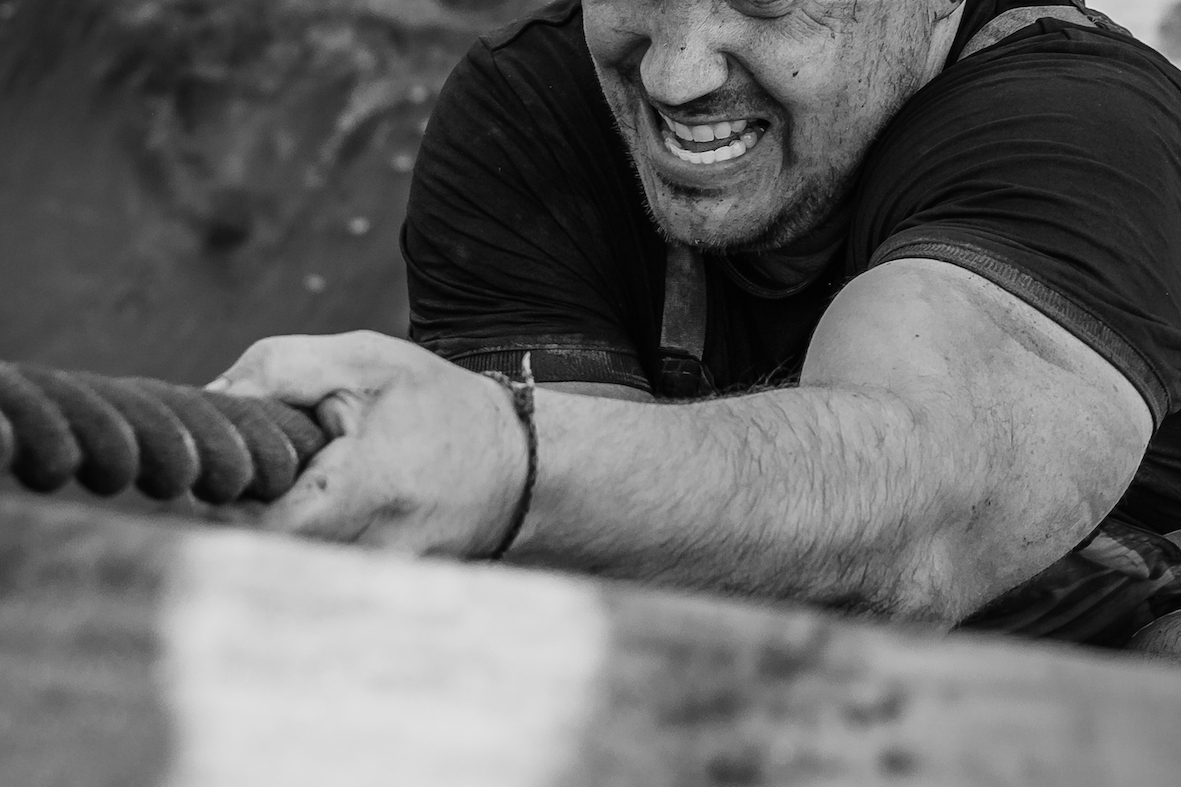Read time: 5 minutes 45 seconds
Athletes don’t roll their eyes at self-care.
Athletes know that how well they care for themselves will ultimately dictate how well they can perform.
Athletes prioritise their self-care.
Be like an athlete.
The term ‘self-care’ has been bastardised.
It has been grabbed and run with by soap companies and chocolate commercials until any sane person hears it and rolls their eyes with exasperation, but it is not what it’s portrayed to be in the mainstream vernacular.
It’s not the big glass of wine as you soak in a candle-lit bathtub at the end of a long day, and it’s not something that only your most precious employees practise to keep themselves on an even keel.
It is a practical set of actions that you stick to in order to ensure you are able to perform at a high level over a long period of time.
It’s your training and recovery, your fuel, your action as well as your rest.
It’s how athletes are able to produce such superhuman feats and how the rest of us must approach our lives if we are to do the same.
Self-care is essential, and here are 7 of the most high-value ways you can practise it.
Prioritise self-care: This is the first step that most of us are missing.
It’s all well and good to make a plan and stick to it when things are going well, but as soon as everything turns to shit we abandon it and run around like headless chickens.
When life gets busy and stress piles up it’s MORE important to practise self-care, not less. The same goes for your team.
In periods of high pressure, encourage and allow for their self-care practices and you’ll get more out of them for longer and with less exposure to risk.
Prioritising self-care: Work out what you need to perform at your best. Schedule it into your routine. Do that consistently.
Exercise: Exercise is the one true constant across all high performers.
Whether your field is a physical one or not, regular exercise will, not could, will improve your performance in it.
Apart from the very obvious benefits of exercising regularly like good health, longevity, fitness and strength, exercise boosts your energy and focus in the short term and increases your basal capacity to produce energy and focus in the long-term, which are crucial to anyone who wants to perform at a high level.
Exercise as performance self-care: Find something that; 1. Pushes your heart rate up and gets you breathing heavily; 2. Puts strain on your muscles; and 3. You enjoy doing.
Schedule that into your week regularly and do it consistently.
Nutrition: All high performing athletes pay very close attention to their nutritional needs.
They know how many calories they need to fuel themselves and what macronutrient split they should follow to do it.
They plan ahead and time their meals to give themselves the best chance to perform well and they don’t compromise.
There is an old adage in sporting circles of ‘quality in, quality out’.
It means the better fuel you put in yourself the better output you can get from it, and the same goes for the corporate athlete.
Nutrition as performance self-care: Work out how many calories you need in a day and at what macro split (use MyFitnessPal or a similar tracker). Plan and prep your meals ahead of time to suit those needs. Stick to it and stay well hydrated.
Sleep: Sleep is one of the first things to suffer when life gets hectic, but it should be the last.
Our sleep dictates how well we can perform in most, if not all, areas of our lives. It’s physically and mentally restorative, it allows us to regulate our moods and it enhances our ability to focus.
When we prioritise sleep and don’t compromise, we give ourselves the best chance possible to perform.
Sleep as performance self-care: Work out how many hours you need to operate at your best (not just ‘get by’).
Work out your best wake up time.
Count back by the amount of hours you need to sleep and add a 30 minute buffer for getting to sleep and waking up.
Get to bed at that time every night.
Visualisation: Something common to most high performers is their ability to visualise what they want and what they are going to do before they do it.
This is a valuable skill to have as it allows you to run through different scenarios and plan your response to them before you do them in real time.
This is the ultimate form of preparation as it means you’re rarely surprised by events and can simply pick a predetermined set of actions in response to what happens.
This could be a meeting, a presentation, a sales call, anything that you have prior knowledge of can be visualised and planned for to both increase your chances of success and reduce the level of anxiety attached to them as you now have a plan to follow.
Visualisation as performance self-care: Visualise a scenario going well, then picture very clearly what happened in order for it to go well.
Now think of all the things that could go wrong and visualise what response is needed from you in order to turn things around and achieve a favourable outcome.
Support: Nobody does anything alone.
Athletes have whole support teams around them and know the importance of relying on others to get a job done right. We are no different.
We rely on our colleagues, our partners, our friends, our families, our coaches and a whole range of people to help us do our best and to do it with less effort and hardship.
This is the key element to remember. Even if we could go it alone, we can go further and more easily with some support around us.
Support as performance self-care: Put time and effort into cultivating your support systems inside and outside of work and utilise them as much as possible. This also means offering support to others when they need it to keep the whole system working properly.
Recovery: Recovery is perhaps the most under-utilised form of performance self-care for the modern businessperson.
We feel like going 100% all the time and maximising every minute of the day is the path to achievement when in reality it’s short bursts of intense focus and performance followed by adequate periods of recovery.
Athletes know that any training they do is useless, and can even be detrimental, without an adequate recovery period to allow them to ‘bank’ the training gains and physically and mentally prepare for the next one.
Whatever your recovery methods are, whether it be napping, walking in nature, reading, playing video games, kicking a ball with the kids, or anything else, make sure you build them into your day as regularly as you need to be able to hit the next performance period with plenty of energy and attention.
Recovery as performance self-care: Find things you like doing that refresh you physically and mentally.
Work out how often you ideally need to do them to keep performing at your best consistently. Realise that your ‘ideal’ needs to be your reality in order to perform at your best consistently.
Schedule them in and do them.
Self-care is not some woo woo concept for people who can’t hack it in business.
It is a practical set of steps that high performing individuals use to ensure they are able to keep performing at a high level over a long period of time.
It’s what athletes do and it’s what those of us who want to get the best out of our bodies and minds should be looking to do as well.
Build your version of self-care into your routine and encourage and allow for your team to do the same and you’ll unlock a level of performance that most organisations wish they could access.
This sort of thing is what we do at Kinex Health.
We help build the skills you and your team need to perform at a high level over a long period of time.
If this sounds like something you could use, get in touch to find out how we can help.
For some more effective alternatives to traditional EAPs, send us an email at [email protected] and book in for a free chat.
Question
Are you performing at your best right now? What would help you to do that? How can you build that into your routine in a practical way?







